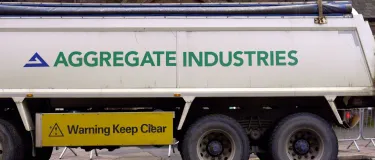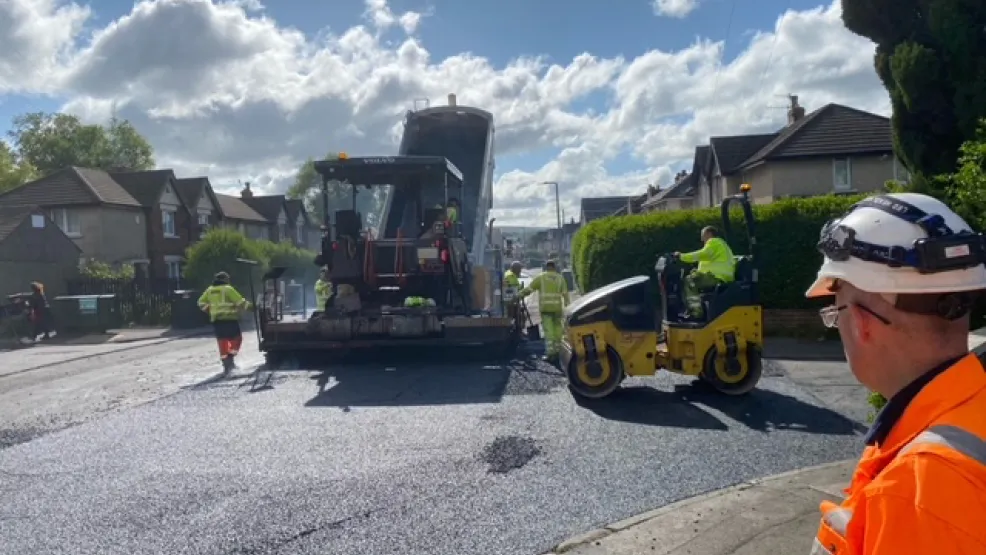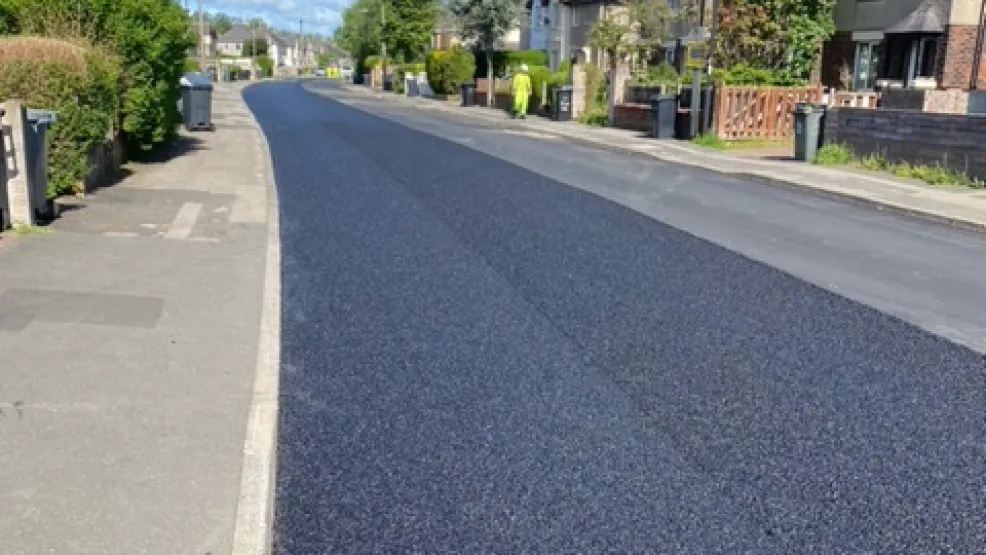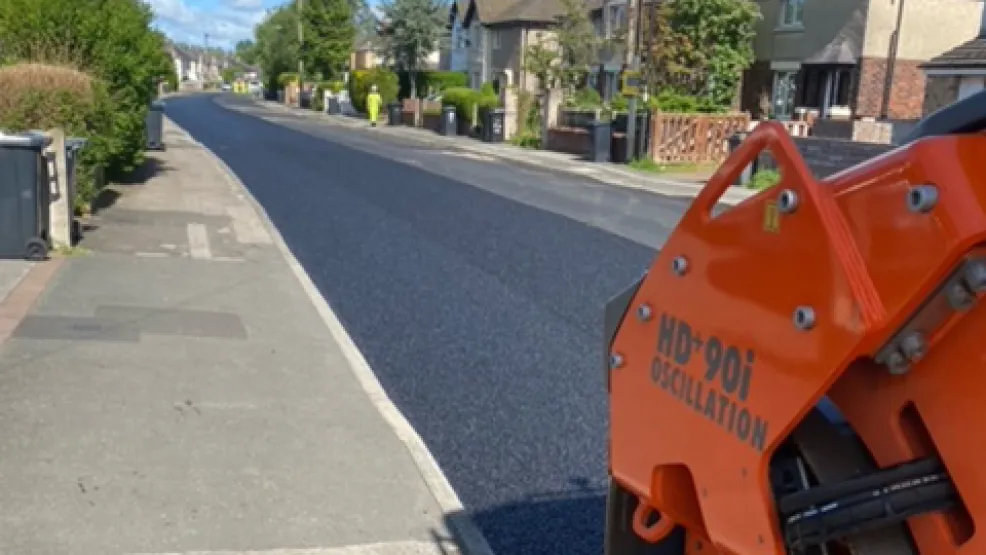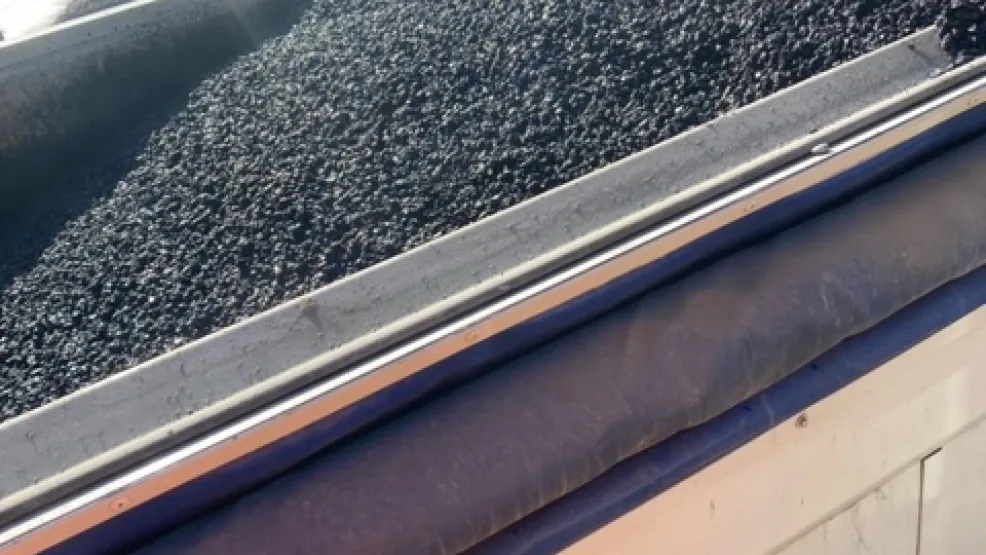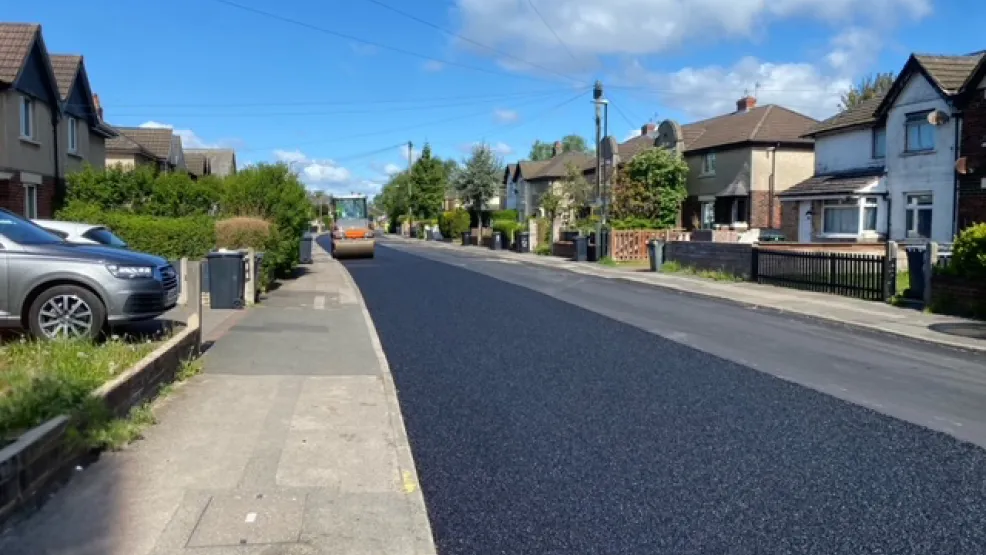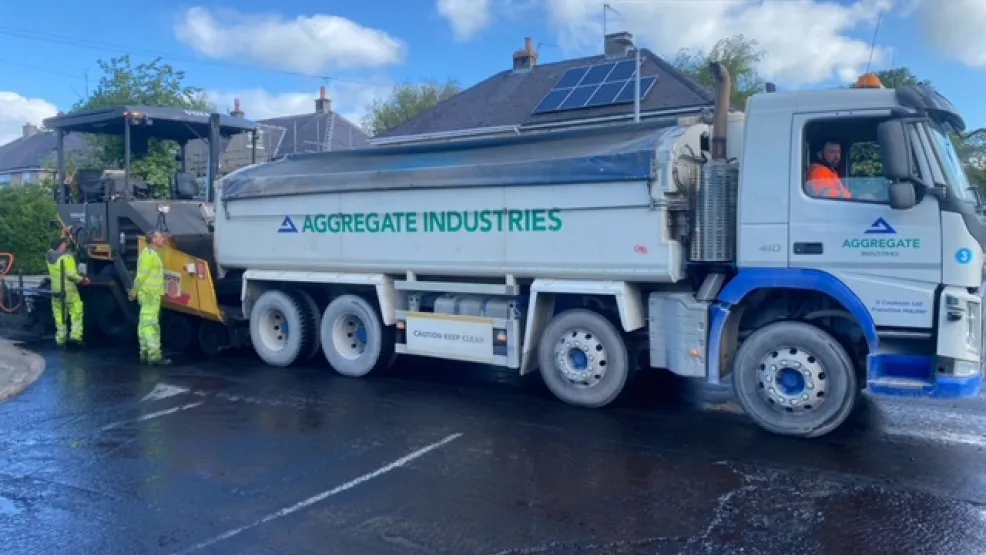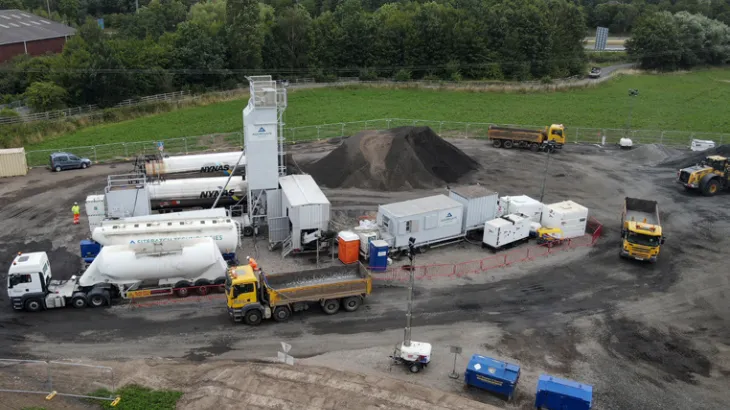Superlow Carbon Materials used on Barley Cop Lane In Lancaster
Lancashire County Council and specifically the highways and asset management departments are committed to reducing their carbon footprint from highway maintenance activities.
THE BRIEF
Lancashire County Council's Highways and Asset Management departments are committed to reducing the carbon footprint associated with their highway maintenance activities.
So far, this has focussed on using asphalt materials that work at lower temperatures – such as warm mix asphalt – and maximising the use of recycled materials.
However, achieving a significant carbon footprint reduction in surface course applications has proved to be challenging.
The Council was keen to minimise its CO² output as much as possible on two new projects across Barley Cop Lane and Birkdale Close, both in Lancashire, so approached Aggregate Industries’ to trial an innovative low carbon asphalt solution containing biogenic binder as a potential pathway to reducing its carbon footprint.
THE solution
Aggregate Industries’ provided 520 tonnes of 14 S.M.A.Tex SuperLow-Carbon asphalt to Barley Cop Lane, and 150 tonnes of Hot Rolled Asphalt to Birkdale Close, to address the carbon footprint reduction challenge, the solution incorporated a biogenic binder.
Developed in partnership with Shell Bitumen, the biogenic bitumen effectively locks carbon within the asphalt rather than releasing it back into the atmosphere, creating a carbon sink. Aggregate Industries can use this lower carbon bitumen within its asphalt products to reduce the carbon footprint of any infrastructure scheme. Helping achieve a more sustainable future.
The implementation of the SuperLow-Carbon on Barley Cop Lane marked the first time a surface course was laid with Lancashire City Council using this material. The results showed it demonstrated behaviour identical to traditional materials during the laying and compaction processes. The feedback from the construction team was positive, with workability reported to be on par, if not slightly better, than traditional penetration grade stone mastic asphalt.
The project spanned a total of five days, with two days dedicated to the use of the SuperLow-Carbon asphalt. Both days progressed smoothly and were completed on time. The main challenge faced during the project was ensuring the timely delivery of the biogenic binder to incorporate into the product.
The team took a proactive approach by engaging with the customer three weeks prior to starting the project. This allowed for sufficient time to place the binder order and set up the production plants accordingly.
Altogether, the use of 14 S.M.A.Tex SuperLow-Carbon product saved 41.93 kg/CO2 t of carbon emissions (to gate). In the instance regular warm mix asphalt were to be used from the same plant, the carbon saving would be 10.21 kg/CO2 t.
The success of this project reinforces the potential of biogenic binders as a pathway to achieve further carbon footprint reduction, and the positive feedback from the construction team highlights the feasibility and effectiveness in continuing to use SuperLow-Carbon materials for road surfacing projects.
Emma Dalgleish at Surfacing Solutions Area Manager said: “At Aggregate Industries, we are proud to have taken a significant step in reducing carbon footprints with our SuperLow-Carbon product range. The recent project on Barley Cop Lane marks a significant milestone for Lancashire County Council, as its first surface course to be laid with this material for them. Following successful completion of this project, it proves, yet again, the effectiveness of our SuperLow Carbon materials for enhanced carbon reduction in road surfacing projects."
- Millbrook Road West resurfaced with low carbon SuperLow asphalt
- Aggregate Industries supports in creating the UK’s first ‘clean air’ substation
- Aggregate Industries offers green solution to A46 Warwick Bypass project
- Aggregate Industries’ roofing creates natural aesthetics for eco-friendly supermarket - Case Study
- Poundland distribution centre, Harlow
Project Details
-
Location
Lancashire
-
Client
Lancashire County Council Highways & Asset Management department
-
Solutions
SiteBatch Technologies
-
Products / Volume
520t 14 S.M.A.Tex SuperLow-Carbon and Hot Rolled Asphalt
-
Aggregate Industries Division
Surfacing Solutions





